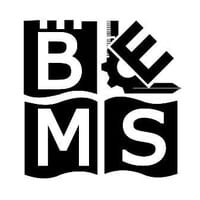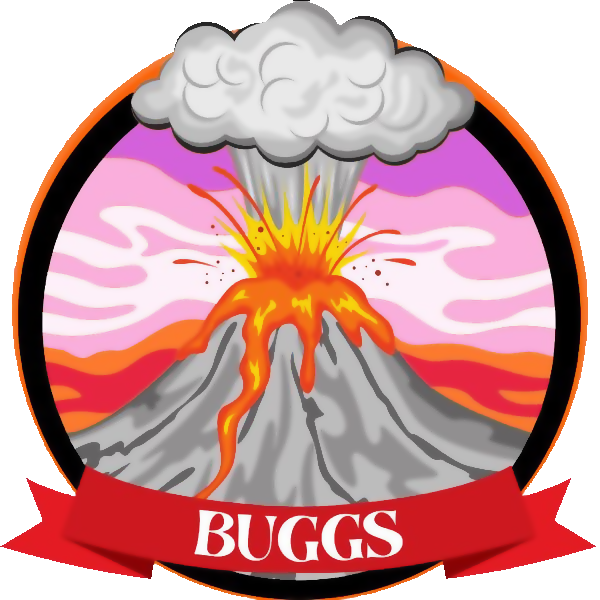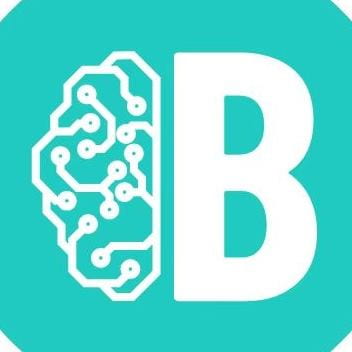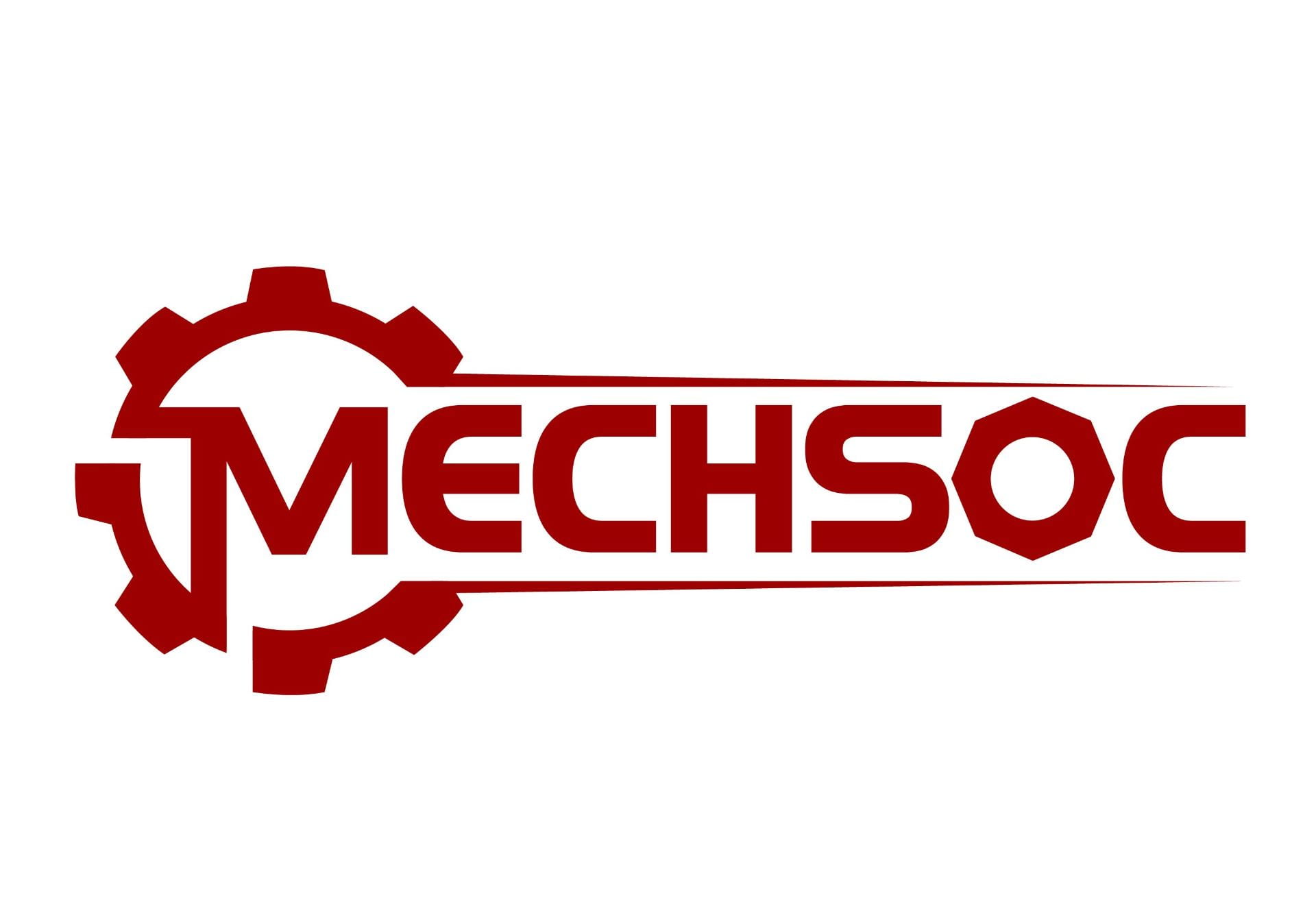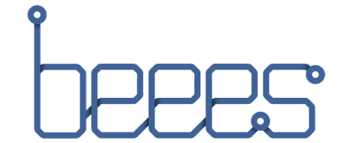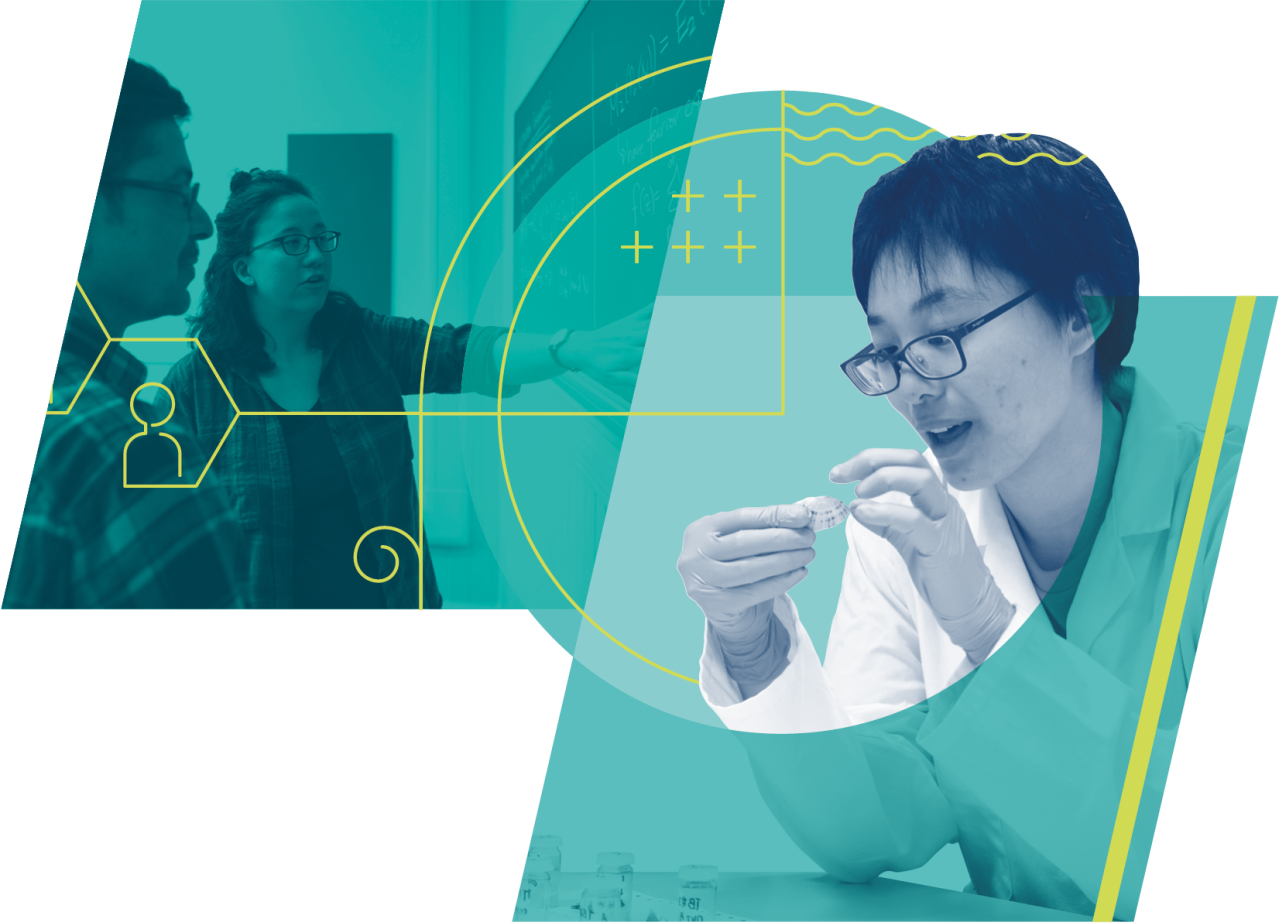Team 1 – Slow Fashion app, ‘Refovo’
Dana Alismail (Earth Sciences), Lumi Long (Maths), Ruby Page, Weronika Stelmach and William Terry-Wright (all Chemistry).
The team had addressed the challenge ‘App design for sustainability’, through a slow-fashion app, ‘Refovo’. With the aim of helping the student community reduce consumption of new clothing, the app enabled users to digitise their wardrobe, then virtually try on and swap clothes, while sharing outfits, designs and projects.
As well as winning the top prize of £5000, the team were awarded a tour of the haptic and hand tracking tech company Ultraleap. Our picture shows Lumi, William and Weronika with Rowena Innocent, Aegis Professor and SVP Engineering at Ultraleap.

Team 2 – Secure Clock Synchronisation
Alyaa Abdullah (Earth Sciences), Fuad Jamari (Maths), Leo Tay (Physics) and Ain Ahmad Makinudin (Physics).
The team tackled the problem of synchronising clocks across various applications in the face of security attacks, considering the different types of attack that could occur and the ways in which they could be avoided.
They were awarded an experience day visit to the STFC Research and Innovation Campus at Harwell, donated by the Director of the National Quantum Computing Centre, Aegis Professor Michael Cuthbert, pictured here with the team.

Team 4 – Sustainability app, ‘EcoExchange’
Eve Evan Perks, Giocomo Rossetti and Eden Simkins (Physics) and Lam Phong Nguyen Dang (Maths).
Team 4 also took on the challenge ‘App Design for Sustainability’, proposing ‘EcoExchange’, an app that would reduce waste by helping students sell, buy, rent and share items such as furniture, textbooks and games.
The team won an experience visit to Infinitesima, a company that manufactures high speed microscopes for the semiconductor industry. The visit was donated by Aegis Professor Andy Humphris, CTO of Infinitesima. The team are pictured here with Professor David Manley, Dean of Science and Engineering.

Team 5 – Electricity & water from oil fields and saline aquifers.
James Mallord, Isobel Sargeant and Pippa Baugh (Physics) and Louisa Lou (Earth Sciences)
In answering the question, ‘Is the Future of Geothermal Energy Hidden in Oil Wells?’, Team 4 considered the possibility of repurposing oil wells as geothermal heat sources, and developed a prototype software for companies to determine the suitability of oil fields for geothermal energy.
The team won an experience visit to Lucideon, an international materials design, development and commercialisation consultancy, donated by Lucideon’s Chief Strategy Officer, Aegis Professor Anike Te. Anike is pictured here with James, Pippa and Isobel.

Team 6 – The world – a pollinator’s perspective
Sophie Worsfold (Mathematics), Katie Whitelock (Maths) and Finn Holden (Physics)
Team 6 proposed a possible solution to declining bee populations; provide the perfect nestbox. Their high-tech design could identify species through picking up individual wingbeat signatures, and use genetic algorithms to determine which boxes were most attractive.
The team won an experience visit to the Met Office, donated by Aegis Professor Albert Klein Tank, Director of the Met Office Hadley Centre for Climate Science and Services, who is pictured here with the team.

Team 9 – The Copper Challenge
Karina Dalgedaite, Tom Braithwaite and Almudena Ravelo Guedez (Chemistry), and Ben Burton (Earth Sciences)
There is a growing gap between the supply and demand of copper. Team 9 identified alternatives, including carbon nanotubes, and areas where copper could be recycled and recovered. They also proposed a smartphone app that would help to educate people about the problem.
The team won an experience day visit to the STFC Research and Innovation Campus at Harwell, donated by the Director of the National Quantum Computing Centre, Aegis Professor Michael Cuthbert. Our picture shows Karina, Ben, Almudena and Tom with their poster.



